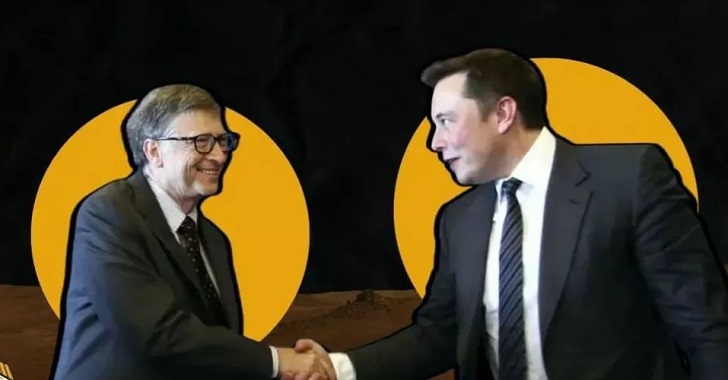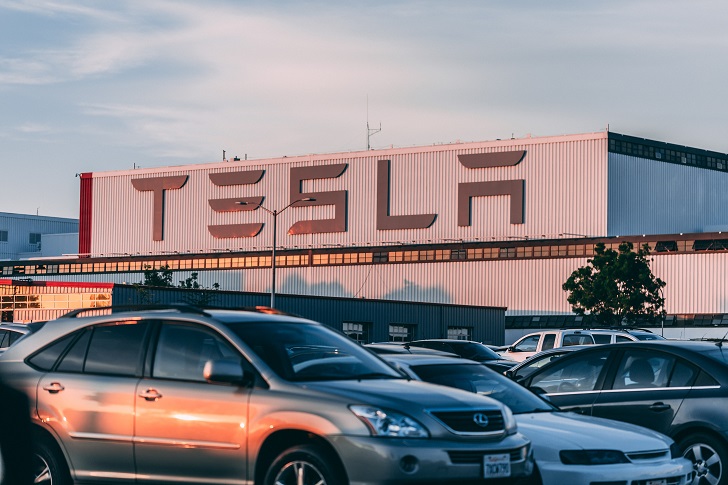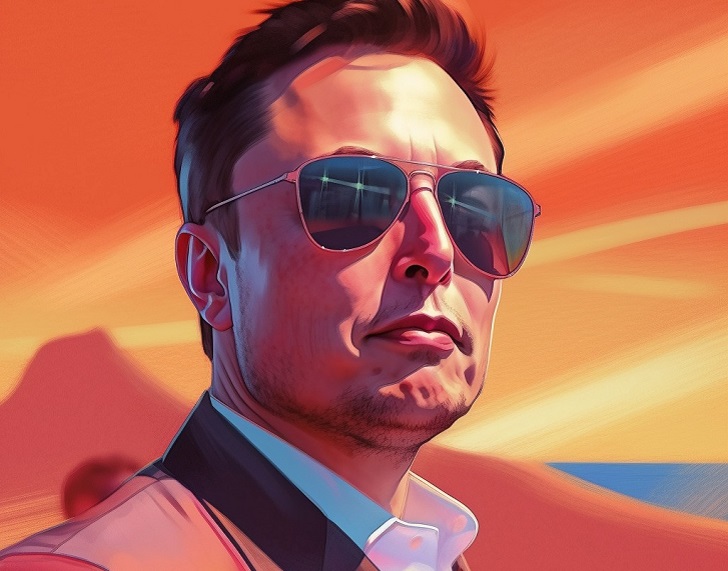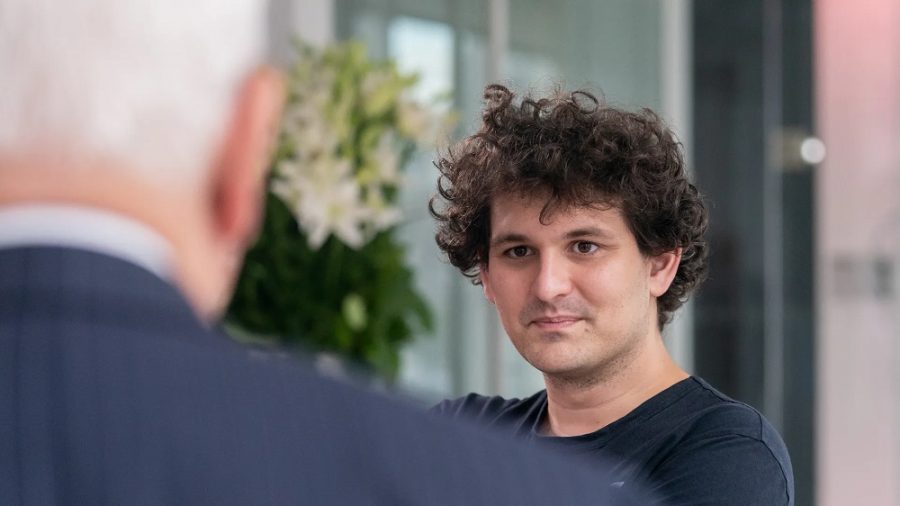In the world of tech titans, clashes of ideas, values, and egos are not uncommon. However, when two of the most prominent figures, Bill Gates and Elon Musk, engage in a public feud, it’s bound to capture the attention of the tech world and beyond.
This ongoing tiff reached a new level of intensity when Bill Gates admitted to shorting Tesla stock, providing a window into the striking differences in their personalities and worldviews.
Background and Early Career
Bill Gates’ journey began in 1975 when he founded Microsoft, eventually turning him into one of the world’s richest and most influential individuals. Interestingly, Gates dropped out of Harvard to pursue his vision. Under his leadership, Microsoft became the largest personal computer software company globally.

affiliatemarketexpert/ Instagram | Elon Musk and Bill Gates are both prominent figures in the tech industry, known for their significant contributions to technology, innovation, and entrepreneurship
In 2000, he stepped down as Microsoft’s CEO to focus on philanthropic endeavors, primarily through the Bill & Melinda Gates Foundation, aimed at addressing global health, education, and poverty.
Elon Musk, on the other hand, kickstarted his entrepreneurial journey by co-founding PayPal, a digital payments company that revolutionized online transactions. His ambitions didn’t stop there. In 2002, Musk founded SpaceX, a private aerospace manufacturer and space transportation company, to make humanity a multi-planetary species.
In 2008, he assumed the CEO role at Tesla, an electric vehicle and clean energy company, where he embarked on a quest to electrify the world’s transportation system and accelerate the transition to sustainable energy sources.
Bill Gates’ Take on Tesla
Bill Gates has harbored skepticism toward Tesla for quite some time. His reservations range from doubts about the practicality of electric semi trucks to concerns about battery technology. Gates has also been critical of Elon Musk’s assertions about Tesla’s self-driving capabilities. Gates leans towards a pragmatic viewpoint, demanding concrete results and sustainability in the electric vehicle sector.

Craig Adderley/ Pexels | Tesla is renowned for its electric vehicles (EVs) that are designed to be environmentally friendly and to reduce reliance on fossil fuels
The Shorting of Tesla Stock
Earlier this year, the feud took a financial turn when Bill Gates publicly disclosed that he had taken a short position against Tesla’s stock. Musk, never one to shy away from Twitter battles, promptly taunted Gates, suggesting that he should short more Tesla shares.
Gates later expressed regret over the short position and the ensuing conflict with Musk, perhaps realizing the perils of tangling with one of the most vocal and influential figures in tech.
Feud With Elon Musk
Beyond the stock market skirmish, Elon Musk has launched his counteroffensive. He’s criticized Gates’ approach to philanthropy, believing that the priorities of the Bill & Melinda Gates Foundation are somewhat misguided. Musk also raised concerns about the amount of influence Gates wields in philanthropy.

elonmuskh/ Instagram | Elon Musk’s work and vision have significantly influenced the technology, transportation, and space exploration industries
Musk didn’t stop there. He openly dismissed Gates’ critiques of Tesla, boldly stating that Gates lacked the expertise to truly understand the intricacies of electric vehicles and autonomous driving technology. The feud between the two tech moguls has spilled over into interviews and social media exchanges, making it a hot topic in the tech world.
Character Analysis
This feud provides a fascinating glimpse into the stark contrast between the personalities of Gates and Musk. With his roots in Microsoft, Bill Gates is characterized by pragmatism and a systematic approach to business.
In contrast, Elon Musk is known for his audacious vision and tendency to set ambitious, industry-disrupting goals. Gates built Microsoft through practical business acumen, while Musk is a serial disruptor, pushing the boundaries of innovation in multiple industries.










